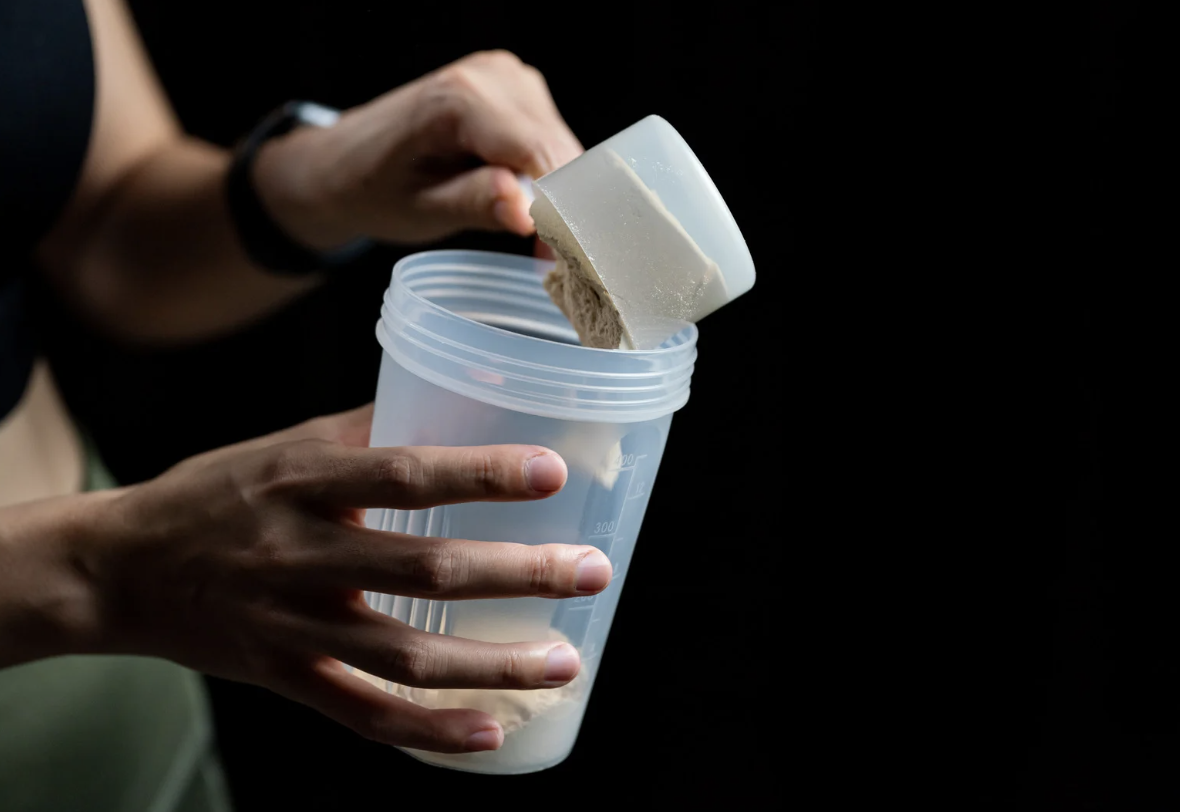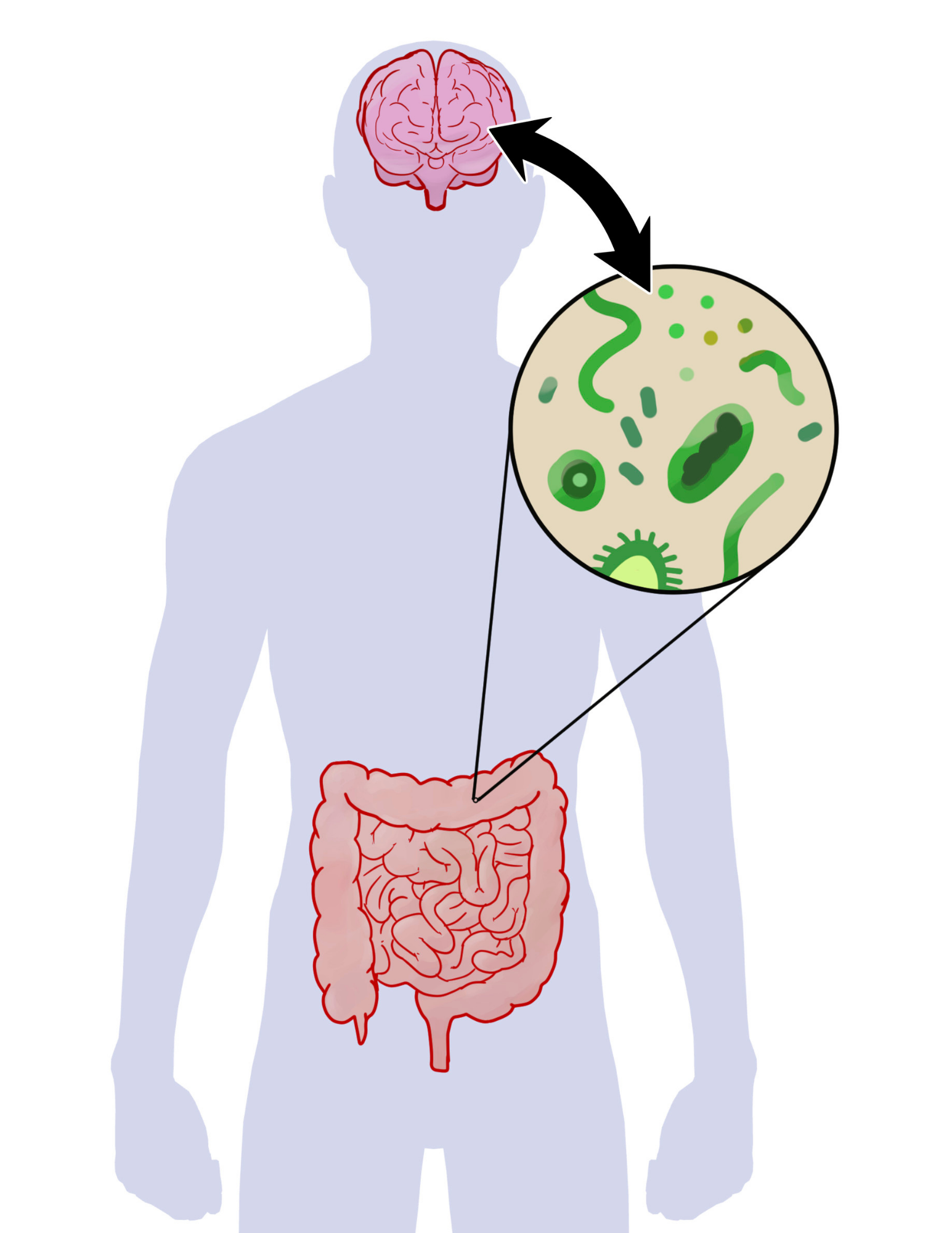Finding a Functional Medicine Practitioner
By Nancy A. Palermo, MD Why Now is the Best Time for Functional Medicine Recent studies show a growing dissatisfaction with the conventional healthcare experience. In fact, trust in physicians has dropped from 71% to just 40% as of early 2024. Many patients are seeking a different kind of care, one that prioritizes empathy, collaboration, and prevention over prescriptions and procedures. This shift has led to rising interest in Functional Medicine, an approach that examines the root causes of illness and emphasizes long-term wellness rather than just symptom management. [mkdf_button size="" type="" text="Learn More About Our Functional Medicine Program" custom_class="" icon_pack="font_awesome" fa_icon="" link="https://thrivecarolinas.com/functional_intergrative_medicine/" target="_self" color="" hover_color="" background_color="" hover_background_color="" border_color="" hover_border_color="" font_size="" font_weight="" margin=""] What Is Functional Medicine? Functional Medicine is a patient-centered, systems-based model that views the body as an integrated whole. Practitioners focus on...











